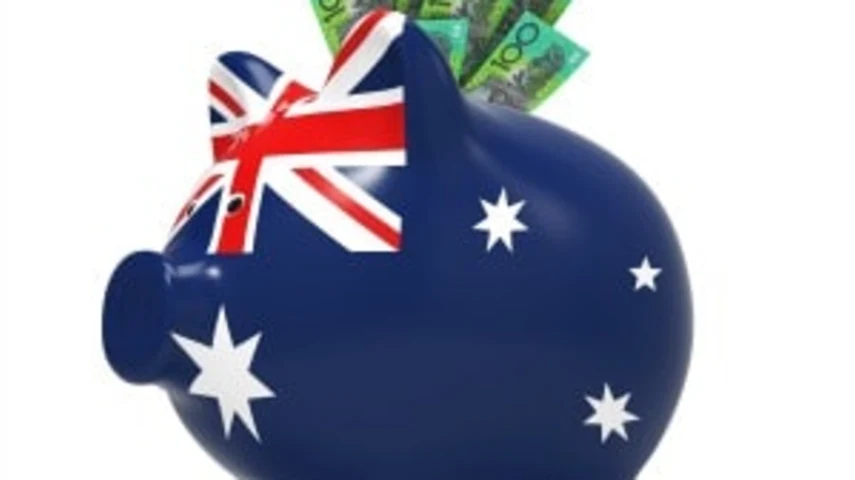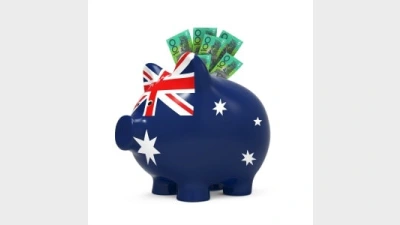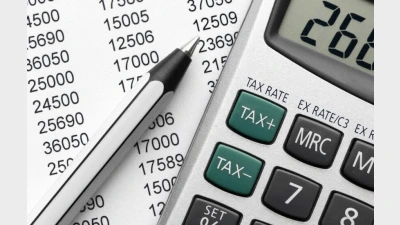Budget surplus to improve consumer spending



The Government announced last night that the Budget hit its first surplus, $7.1 billion, in a decade, and Martin Currie’s chief investment officer, Reece Birtles, expects the Australian economy to benefit significantly, with consumption to improve.
Birtles said the surplus was funded by the very high level of taxation, which through 2017 to 2018 was at 20 per cent, well above the long-term average of 18.5 per cent.
“The Government has been very focused on trying to improve disposable income, and thus consumption that is integral to the Australian economy, by reducing cost of living expenditures such as electricity bills,” said Birtles.
And while many hold the belief that house price softness was causing economic weakness, Birtles said the biggest cost that was inhibiting consumption was in fact the increasing government tax take.
“In fact, we have found that the ‘wealth effect’ from higher house prices was not evident in the early stages of the economic cycle. People didn’t spend more when house prices went up, so we think that it’s unlikely they have spent less as they fall.”
But with tax relief on the horizon, Birtles said the Australian economy should see a strong benefit from the tax cut fuelled fiscal stimulus.
“Tax cuts in Australia have typically translated directly into additional consumption, and given wages are also now growing at around 2.5 per cent p.a., the stimulus to consumption could be quite significant in FY 2019-20,” Birtles said.”
Recommended for you
The proposed changes to the Low-Income Superannuation Tax Offset (LISTO) has been applauded by the superannuation sector.
The regulator plans to claim compensation from Equity Trustees after Macquarie’s payout to affected Shield investors.
Morningstar has found the Your Future, Your Super test delivering fewer failures, but warned against complacency as regulators review its design.
Super funds have recorded modest gains in September as global equity strength and an AI-driven rally lifted investment returns.









